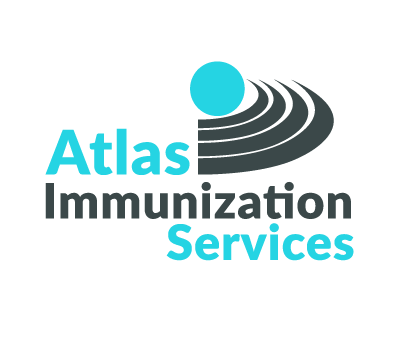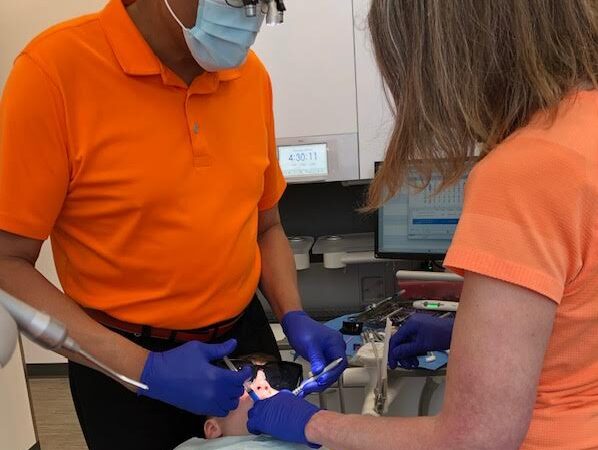Atlas Immunization

“The Traveler Kid” (5-6-7-8 Yrs old)
Travelling with children requires advanced planning and preparation. This is important to ensure an enjoyable trip for all.
Before leaving on your trip plan a visit with a Travel Health Provider to assess the need for pre-travel immunizations or medications. Children should be up-to-date on all childhood vaccinations.
If only travelling with my parent or only with relatives, make sure you check https://travel.gc.ca/travelling/children for any documentation you must prepared before travelling
Travel preparation includes consideration for personal safety, food and water precautions, sun and insect protection, diarrhea and dehydration.
Personal Safety:
Children should carry a small card with contact information and medical-emergency information ina pocket or on a necklace. It is best to not have the child’s name on this information. In case of separation a pre-arranged meeting place is a good plan.
Teach your child not to pet or play with any stray animals. In many developing countries animal rabies is a risk.
Other safety concerns that require knowledge of is different traffic regulations, Potential hazards before allowing children to swim and assessment of living area and play area for safety hazards.
Food and Water Precautions:
Food and water precautions are especially important to stay well during the child’s trip. Many developing countries have inadequate hygiene and sanitation. Eat foods recently well cooked and hot and eat fruit and vegetables that are freshly cooked, washed and/or recently peeled. Teach and assist children to drink bottled beverages, avoid tap water, brush teeth and rinse tooth brush with bottled water. Keep mouth closed when showering or bathing. Remember dairy products should be pasteurized and refrigerated.
Prepare a special day pack for your child. Include a safe supply of nutritious snacks and beverages from home for times when children are hungry and the available food may not be appealing or safe. In the day pack also include favorite toys, book, games, blanket, change of clothing, towelettes, plastic bag, and emergency medication.
Sun and Insect Precaution:
Sun exposure is a serious health issue for children. It is important to avoid the sun. Personal protective measures include avoid the midday sun, wear protective clothing, hat, sunglasses and use SPF 15 or greater.
Insect bites can make children sick. i.e. Biting flies, ticks and mosquitoes. Travel preparation includes knowing the risk of diseases that can be spread by insect. Mosquito born diseases are the most common for example malaria. If your trip includes staying in malaria risk area, an anti-malarial medication from your travel health provider may be necessary. Children are at special risk for malaria since they can become sick very quickly.
For children insect protection methods are the same as other travelers. Personal protective methods include sleep in air conditioned rooms, or screened windows/doors and under bed nets and cover-up when outdoors. Both DEET and icaridin containing repellent can be used in children on exposed skin. Follow the product application instructions on container. Wash insect repellent off once child is indoors.
Diarrhea and dehydration:
Children are more susceptible to gastrointestinal diseases such as traveler’s diarrhea. Teach your child the importance of frequent hand washing with soap and water and the use of alcohol base hand sanitizer (60%) when soap and H2O are not available. Prior to your trip speak to your travel health provider about oral rehydration solutions/ products and an antibiotic to carry along for your child for severe diarrhea.

![]()








